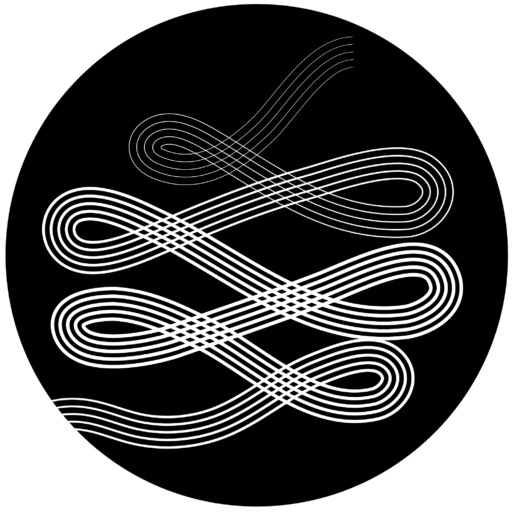(or
Quantity over Quality)
You can find a live version of To Pray Without Ceasing here and its code here.
Once a day it will fetch new expressions of need from Twitter and generate prayers for them. It only does so for those Twitter users with very few followers, for the unpopular shall inherit the web. Even if nobody visits To Pray Without Ceasing’s site during a given day, its ministrations will continue, if only on a rented server in the cloud.
To Pray Without Ceasing relies on techniques of natural language processing to try to make sure that its prayers “make sense.” For instance, it uses vector-based information retrieval to find, for each statement of need, the most apt prayer. Sometimes it also finds a relevant Proverb. Not infrequently it will seem “wrong.” Even relatively clever machine learning models make all sorts of silly and embarrassing mistakes.
No matter! Quality is less important than quantity. The chief advantage of using a computer to automatically pray is that computers are relentless factories of language. A human, unaided by algorithm, would no doubt be able to offer better prayers—more sensitive or more thoughtful ones (not to mention more coherent and grammatical). But only the computer can pray without ceasing, can pay equal attention to an infinite procession of needful strangers, can operate at scale.
Prayer is a “real absolute waste of time” (Herbert McCabe OP). It is “not merely non-productive, non-money-making, but is even non-creative.” In the context of the contemporary information economy, constancy itself is not a virtue but an excessive consumption, a waste; why do the same thing again and again? No, better to re-skill, re-optimize, re-invent oneself every year, quarter, or hour. What have you done today to pursue your own excellence, to keep yourself from being outmoded and economically worthless, despised and forgotten? Likewise our social media feeds demand that we flit from stimulus to stimulus, another sort of restless optimization.
I say “we,” but I’m talking about myself. So I’ll conclude with an autobiographical rationale for this project: with To Pray Without Ceasing, I have tried to make a computational system that—whatever its faults and limitations—is in some limited but objective sense a better person than I am. And one that invites me into its way of paying attention to the world, with constancy.
